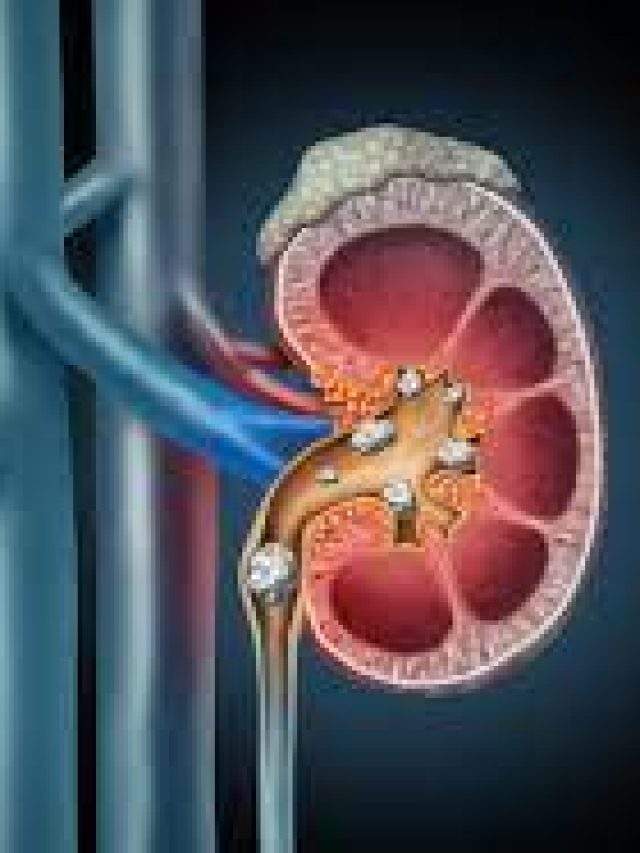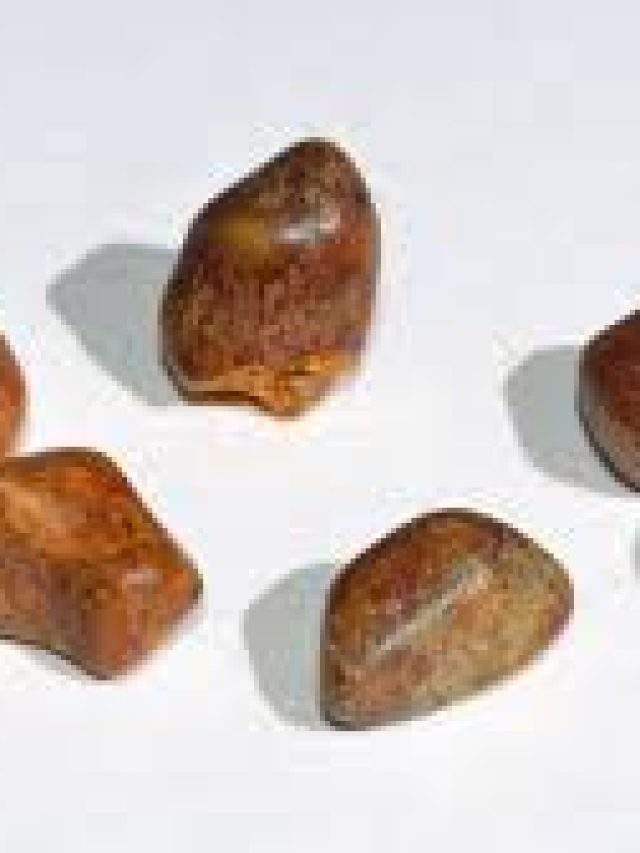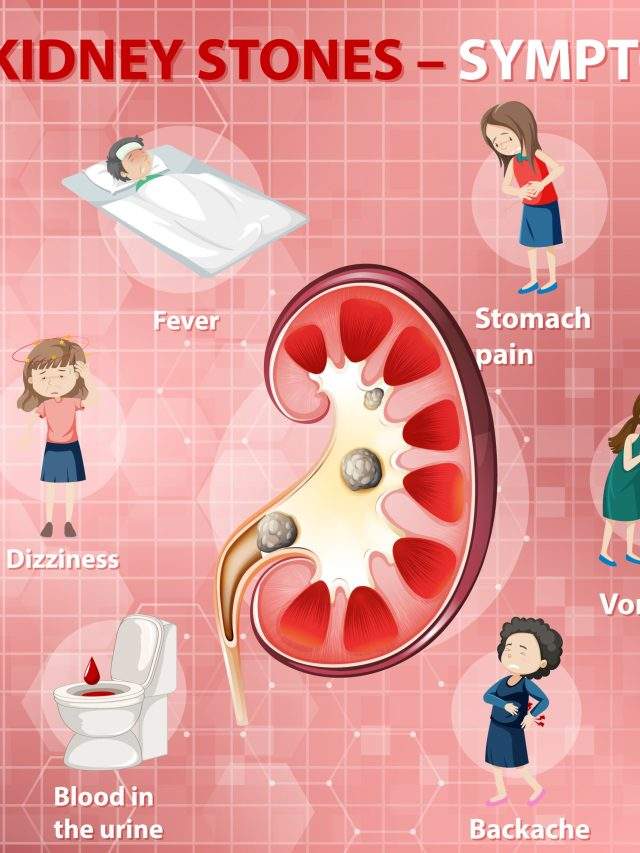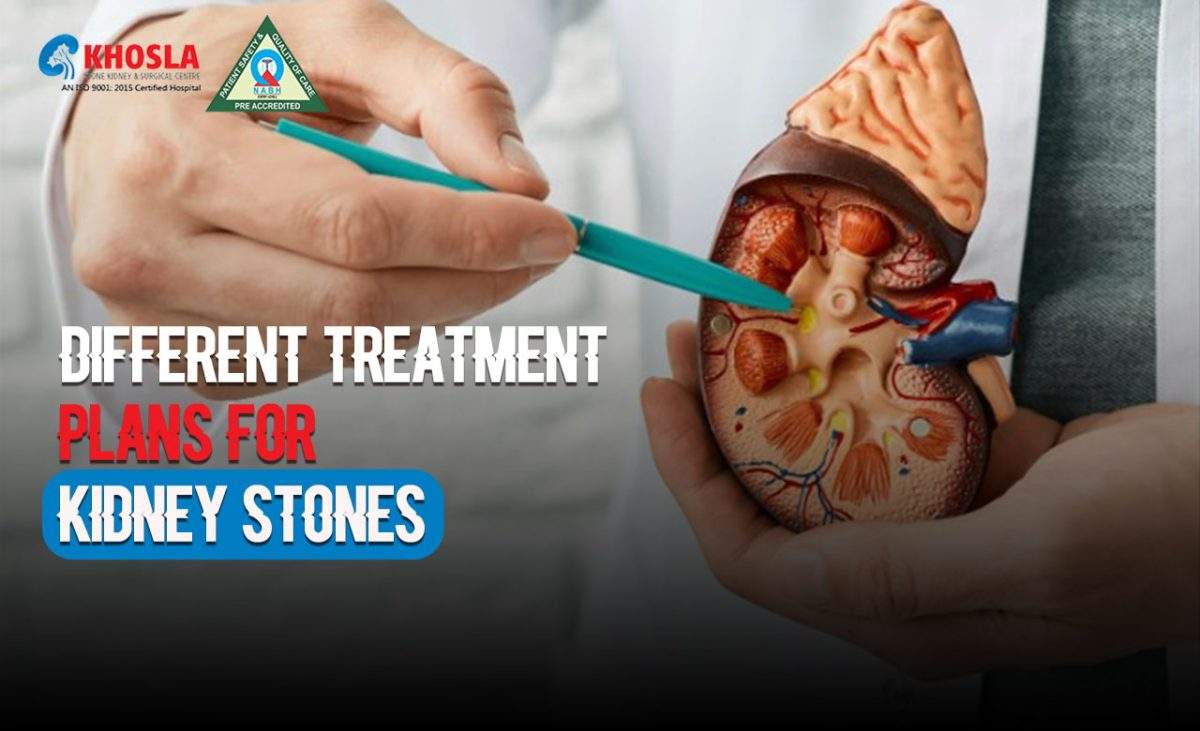![]()
The kidney is an important part of the human body. In this modern era, people are suffering from different issues related to their health, including chronic kidney diseases. There are several causes for kidney related issues like stones. Kidney diseases means the kidneys are not working properly and are beginning to lose their function.
What are the kidney stones?
An unevenly shaped solid mass or crystal, the size of which can range from that of a golf ball to that of a grain of sand, is called a kidney stone. You do not even be aware that you have a kidney stone, depending on how big the stone and stone are. As tiny stones pass through your urinary tract and leave your body, they can cause excruciating discomfort. Consuming fluids could expedite the procedure, which could take three weeks. The Best Urologist in Ludhiana offers you appropriate treatment.
What are the causes of kidney stones?
Kidney stones are formed from substances in your urine. The substances that combine into stones usually pass through your urinary system. When they do not, there is insufficient urine volume, causing the substance to become highly concentrated and crystallized. The stone-forming substances are:
- Calcium.
- Oxalate.
- Uric acid.
- Phosphate.
- Cystine.
- Xanthine
Different treatment plans for kidney stones.
There are different treatment plans for kidney stones according to the size of the rocks.
The majority of minor kidney stones can be treated non-invasively.
- Consuming water: Drinking up to two to three quarts of water each day may keep your urine diluted and help avoid the formation of stones.
- Painkillers: A tiny stone might be uncomfortable to pass. Your doctor can suggest using naproxen, sodium, or ibuprofen to treat minor pain.
- Medical intervention: To assist you in passing your kidney stone, your doctor might prescribe medicine. By relaxing the ureter’s muscles, this medication, known as an alpha blocker, allows you to clear kidney stones more rapidly and with less discomfort.
Treatment for large kidney stones.
Kidney stones that are too large to pass on their own or cause bleeding, kidney damage and urinary tract infections require more extensive treatment. Procedures for large kidney stones are as follows:
- Use of ESWL: Sound waves to break up the stones For specific kidney stones depending on size and location. Your doctor recommends a procedure called extracorporeal shock wave lithotripsy. ESWL uses sound waves to create strong vibrations that break the stones into tiny pieces that can be passed through urine.
- Surgery: Renal surgery to remove huge stones. Using tiny telescopes and instruments introduced via a small incision in your back, a kidney stone is surgically removed during a technique known as percutaneous nephrolithotomy.
- Using a scope to remove stones: To remove a smaller stone in your ureter or kidney, your doctor may pass a thin, lighted tube equipped with a camera through your urethra and bladder to your ureter.
- Parathyroid gland surgery: Some calcium phosphate stones are caused by overactive parathyroid glands on the four corners of your thyroid gland just below the Adam’s apple. When these glands produce too much parathyroid hormone, your calcium levels can become too high, and kidney stones may form.
Many people are suffering from different kidney-related issues, including kidney stones. The treatment for kidney stones is surgery, and the best surgeons perform kidney stone surgery in Ludhiana at Khosla Stone Kidney & Surgical Centre.






